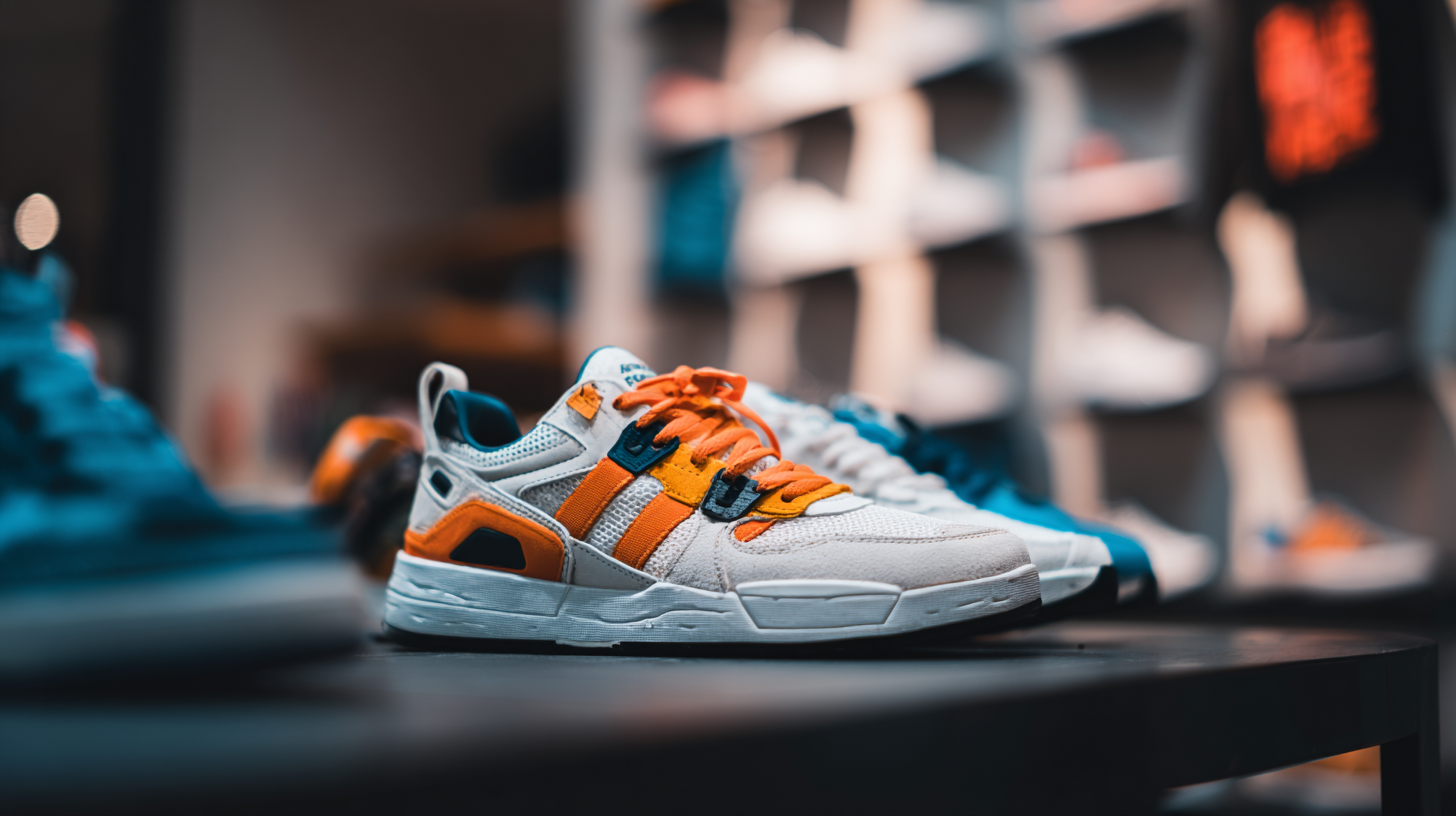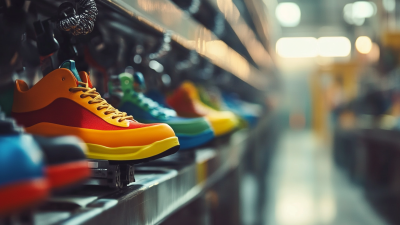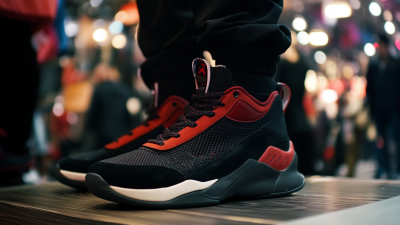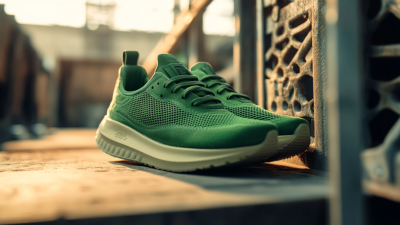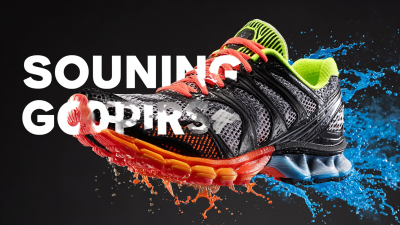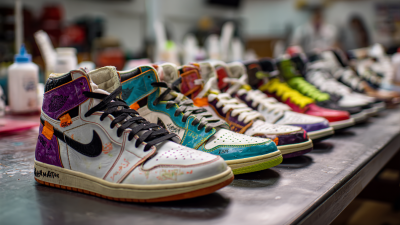
In an era where the global athletic footwear market is projected to reach approximately $100 billion by 2025, selecting the right sneaker manufacturing company has become a critical decision for brands looking to capitalize on this growth. The competition is fierce, with leading footwear companies consistently innovating in design and technology to attract consumers. According to a recent study by Allied Market Research, the demand for eco-friendly and customizable sneakers is on the rise, pushing brands to find manufacturers that align with these emerging trends. To ensure success in this dynamic industry, it is essential for brands to carefully evaluate potential sneaker manufacturing companies based on their production capabilities, sustainability practices, and responsiveness to design trends. Making an informed choice will not only enhance brand reputation but also ensure that the final product meets consumer expectations in quality and style.
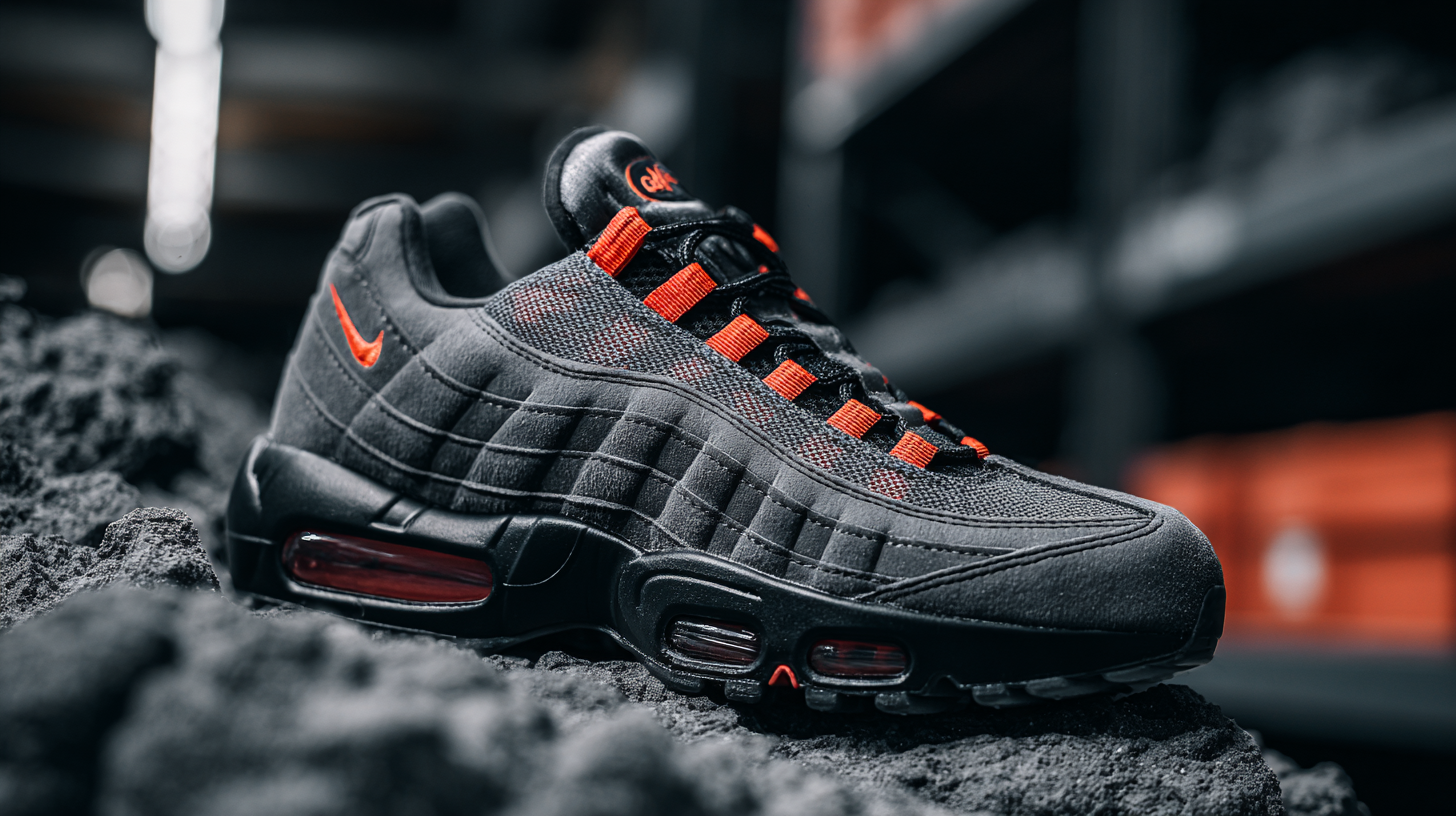
When selecting a sneaker manufacturing company for your brand, it’s essential to identify key factors that align with your vision and operational needs. According to a 2022 industry report by Grand View Research, the global athletic footwear market was valued at approximately $100 billion and is expected to grow at a CAGR of 6.5% through 2030. This rapid growth highlights the importance of choosing a manufacturer that not only possesses the expertise but also keeps pace with innovative trends in design and sustainability.
**Tip:** Assess a manufacturer’s production capabilities and technological investments. Look for companies that utilize advanced technologies, such as 3D printing or automated production processes, to enhance efficiency and product quality.
Moreover, consider a manufacturer's experience in your specific niche. Brands focused on eco-friendly or performance-driven sneakers should prioritize manufacturers with established practices in those areas. Research shows that 73% of consumers are willing to pay more for sustainable products, according to Nielsen’s 2019 Global Sustainability Report.
**Tip:** Request samples and examine the material sourcing and production methods to ensure they align with your brand values. Communication and transparency in these processes are vital for long-term partnerships.
When selecting a sneaker manufacturing company for your brand, it is crucial to analyze the manufacturing capabilities and the technology they use in production. Understanding the technological advancements in sneaker manufacturing can significantly influence the quality and performance of your products. Companies that utilize modern manufacturing techniques such as automated assembly lines, 3D printing, and sustainable materials will not only enhance efficiency but also align with the growing consumer demand for eco-friendly options. This can lead to a competitive advantage in a rapidly evolving market.
Furthermore, consider the specific types of footwear required for your brand, whether it be training shoes, lifestyle sneakers, or specialized outdoor footwear. Each category demands unique manufacturing processes, materials, and design considerations. A keen eye on these details when evaluating potential manufacturing partners will help ensure that they possess the necessary expertise and flexibility to meet your brand's needs while maintaining quality standards. In a market that is projected to grow significantly, aligning your brand with the right manufacturing technology can be a decisive factor for success.
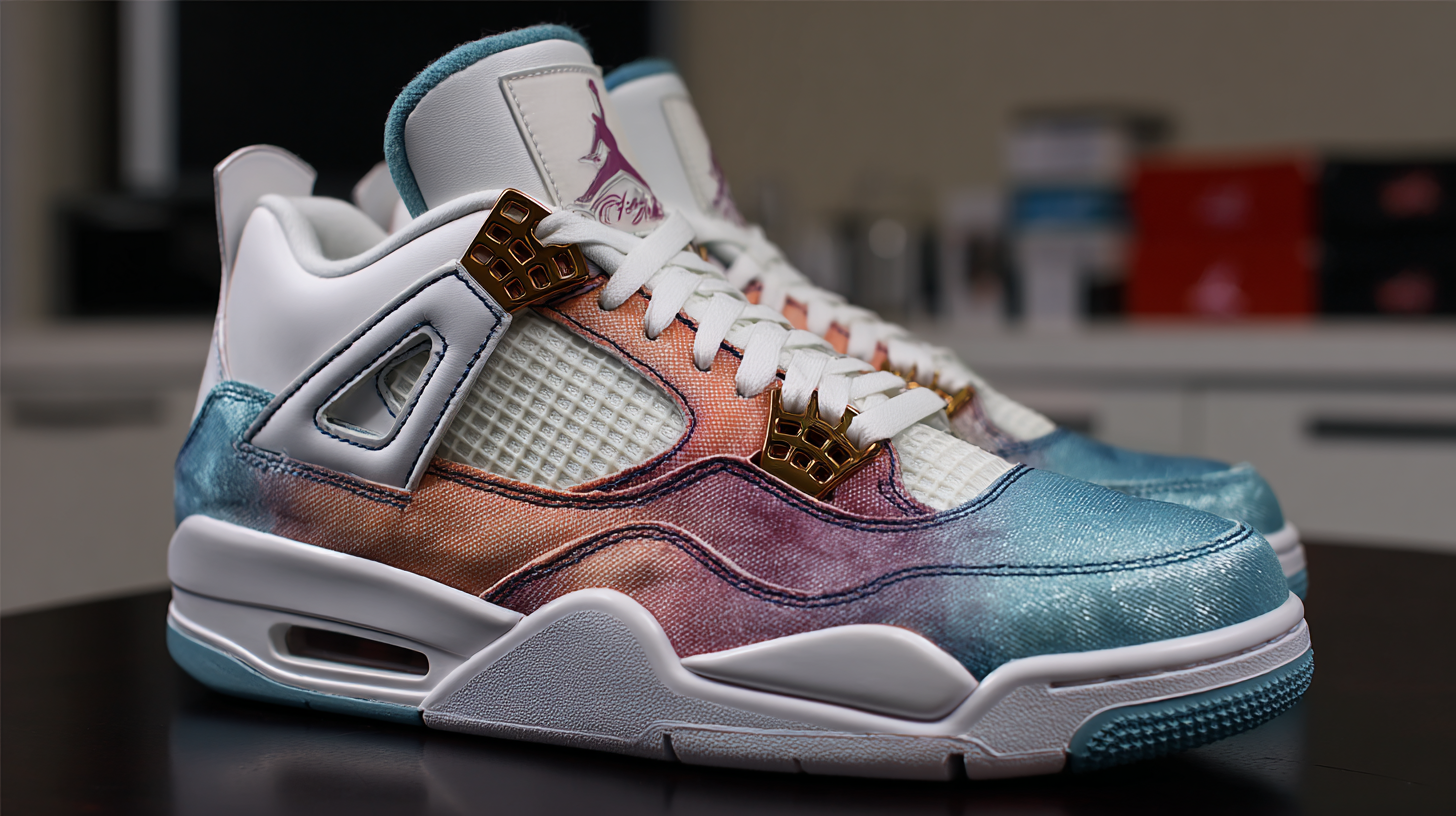
When selecting a sneaker manufacturing company, it is paramount to prioritize quality control standards and certifications. According to a recent report, over 70% of consumers consider product quality as a primary factor influencing their purchasing decisions. This is especially relevant in the sneaker industry, where the demand for high-quality, well-constructed footwear continues to rise. Manufacturers that adhere to international quality certifications, such as ISO 9001 and ASTM standards, can guarantee that they meet rigorous industry requirements, ensuring that products are reliable and durable.
In addition, the manufacturing landscape is evolving, with countries like Vietnam emerging as viable alternatives to traditional production hubs. Notably, Vietnam has benefited from competitive labor costs and a growing emphasis on high-tech investments, establishing itself as a “China+1” strategy for global brands. Companies engaged in sneaker production in Vietnam can leverage these advantages while also maintaining stringent quality control measures through partnerships with international quality assurance providers. This combination of competitive manufacturing capabilities and adherence to strict quality standards is essential for brands aiming to meet consumer expectations and thrive in a highly competitive market.
When selecting a sneaker manufacturing company, evaluating cost structures and pricing models is crucial for aligning with your brand needs. Different manufacturers employ various pricing strategies, which can significantly impact your budget and profit margins. It's essential to understand whether a manufacturer uses a cost-plus pricing model, where a fixed percentage is added on top of production costs, or a market-based approach that considers competitor pricing. This understanding helps you anticipate the overall financial commitment and ensures you are not overpaying for similar quality products.
Another important factor to consider is the transparency of the manufacturer’s pricing structure. Some companies may offer lower unit prices but hidden fees in areas like design, shipping, or minimum order quantities. Thoroughly reviewing quotes and seeking detailed breakdowns can reveal potential extra costs that could affect your final expenses. Additionally, negotiating terms based on your projected order volume can lead to better pricing arrangements, allowing you to strike a balance between quality and affordability while enhancing your brand's competitive edge in the market.
As the global sneaker market continues to expand, brands are increasingly prioritizing sustainability in their production practices. The focus on eco-friendly materials and processes is not just a trend; it's a movement that resonates with the growing number of consumers who demand environmentally responsible products. Brands that effectively integrate sustainable practices into their sneaker manufacturing can differentiate themselves in a crowded marketplace while attracting a conscientious consumer base.
One crucial aspect of sustainable sneaker production is the use of eco-friendly materials, such as recycled plastics and organic textiles. Companies that commit to reducing their carbon footprint can implement innovative solutions like biodegradable shoes or effective waste management systems. Moreover, transparency in sourcing and production processes enhances brand reputation and builds trust with consumers. As the sneaker industry evolves, collaborating with manufacturers who prioritize sustainability will be key for brands looking to thrive in the future marketplace.
